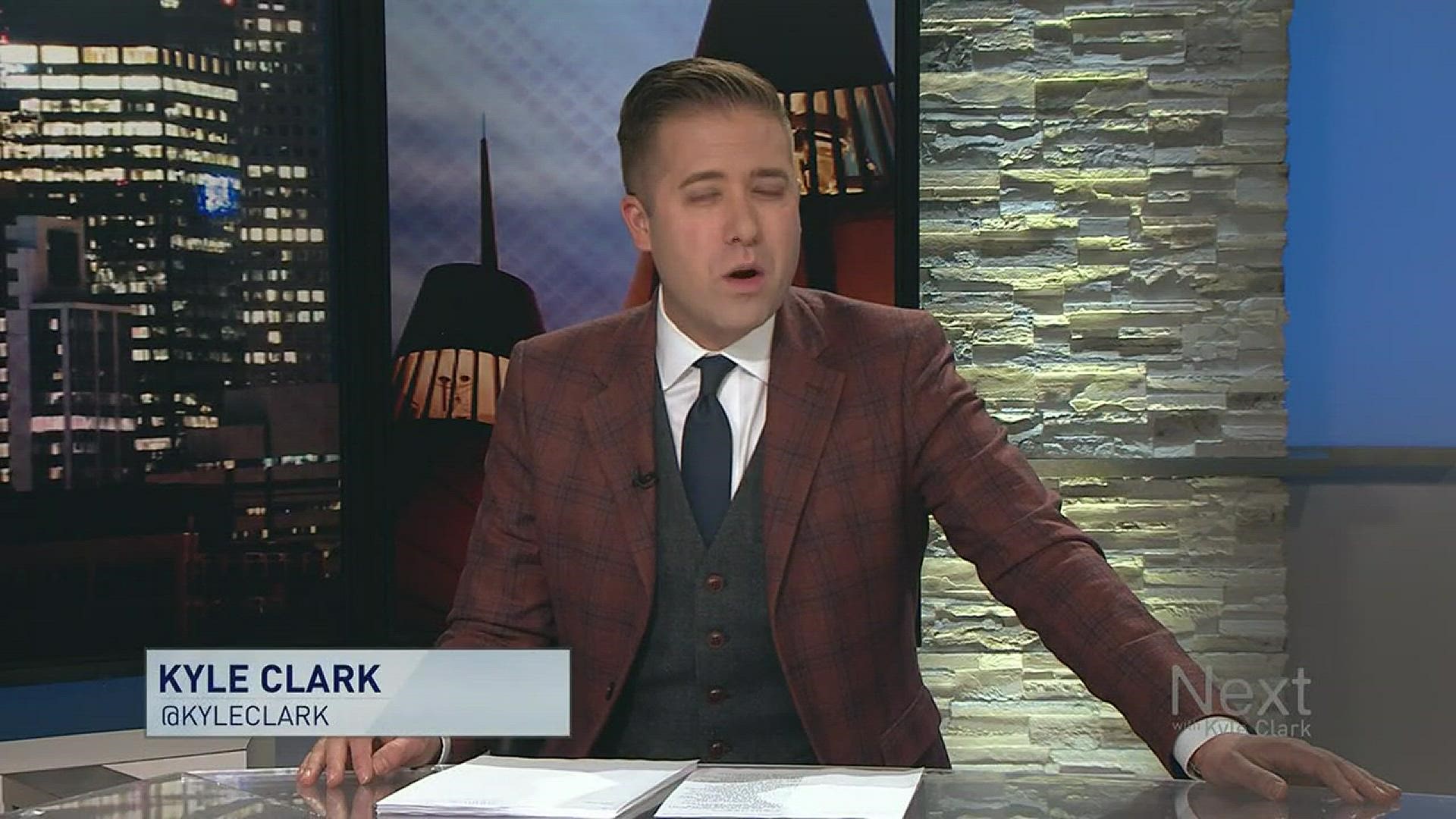The energy research group that put together the "Proposition 112 Playbook" has released an update - which we know because it was leaked to Next by the oil and gas industry, just like the first report was leaked to us by those who want to limit oil and gas operations.
And by the way, "leak" doesn't mean it was hidden, it means it requires a subscription service that we don't have.
On Monday, Next reported that RS Energy Group produced a paper forecasting what oil and gas operations would look like in Colorado if Proposition 112 passed. The report stated that 61 percent of the minerals underground in the Denver-Julesburg Basin in northeast Colorado would still be accessible, even with the surface land restrictions of Proposition 112. In the popular Wattenberg Field within the DJ Basin, the report stated that 43 percent of minerals underground could still be accessed, even if future oil and gas operations were limited to just eight percent of the land above ground.
Next's report on that report, which described a less dire situation, prompted a furious response from oil and gas interests.
On Wednesday, RS Energy Group produced an update because of what it called "misinterpretation," not inaccuracy.
LINK | RS Energy's original report
LINK | RS Energy's updated report
If voters pass Proposition 112, new oil and gas operations would have to be more than 2,500 feet away from schools, buildings and "vulnerable areas." It defines vulnerable areas as playgrounds, permanent sports fields, amphitheaters, public parks, public open space, public and community drinking water sources, irrigation canals, lakes and reservoirs, streams and creeks and "any additional vulnerable areas designated by the state or a local government."
The updated report digs deeper into what would be accessible underground that isn't also already being mined. It states that 15 percent of the minerals underground in the Wattenberg Field would still be accessible with the restrictions of Proposition 112.
A simple explanation works this way:
Picture yourself standing at a table with 100 cups on them. If Proposition 112 passes, the original report detailed how you'd only be able to reach 43 of those cups. What that report did not include were cups that already have straws in them, thus indicating they are already being used. The updated report includes the "straws."
It also suggests that Colorado would be less competitive, force oil and gas operators to drill sub-optimal wells and cost more per barrel for companies to break even.
The Colorado Oil and Gas Conservation Commission, which are the state regulators, doesn't have analysis about the impacts on Proposition 112 underground. In July, it produced a report that detailed how much surface land would be accessible for new oil and gas operations under the increased setbacks. The state does not have a report on what can be accessed underground from the limited areas oil and gas would be allowed above ground.

